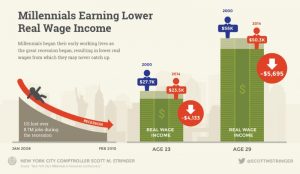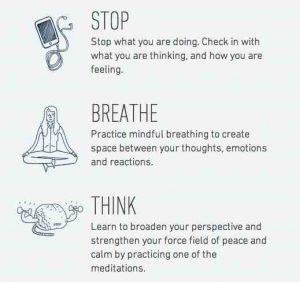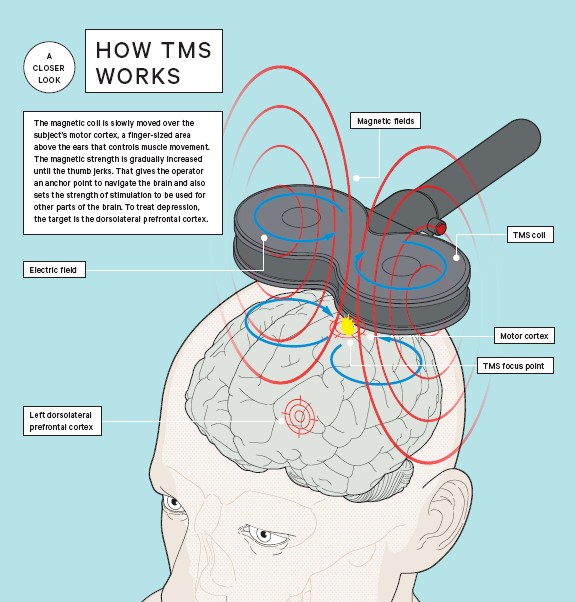Depression affects millennials more than any other generation. According to a study on depression and the workplace, depression affects 70% millennials, 68% of Gen X and 63% of boomers. That’s one out of five millennials suffering with depression. This means more millennials are suffering from depression than any previous generation. Maybe millennials aren’t lazy or lacking a work ethic, but are suffering the effects of a world that spews hatred, fear, and negativity.
Millennials and Depression in the workplace
Millennials are those born between 1978 and 1999. In today’s world, millennials are having a tough time finding jobs because of unemployment or automatization of the workplace. Its not surprising that feelings of anxiety, uselessness, and depression take root.
Imagine working a 40 day week but not getting paid. That’s what many millennials are doing – working for free as interns in jobs that give them references. What happens to rent and food? The old joke of living in your parents basement only goes so far when you want to be independent but the employers like the idea of free labour.
More than two-thirds of depressed millennials report that, while their symptoms may not be severe enough to keep them home, their capacity for quality work is greatly diminished even if they do manage to shamble into the office.
Depression, Not Malaise
Maybe instead of malaise or laziness, millennials are depressed. Based on a survey of 300,000 Americans, 12.4% of unemployed people say they are depressed. Millennials began their working lives when the US was in recession. No jobs when you graduate can be depressing.
It’s a vicious cycle. Depression leads to worsening job performance, which leads to unemployment, which leads to further depression. Add in outside factors like the economy and automatization, and depression deepens.
Why Millennials?
Millennials literally grew up with tech. But social media and its accessibility via smartphones has created individual isolation. Millennials use tech as a means to socially connect. But the information can get to be too much. The relentless exposure of friends’ and neighbours’ newsfeeds, creates a tendency to obsess over everybody else’s highlight reel. This obsessing makes one feel less secure about personal accomplishments and life.
Then there’s the difference in the spirituality of millennials and other generations. Millennials flourish in workplaces where people are valued, but not in corporate workplaces that value money not people. If you scoff at the idea of spirituality affecting people in the workplace, stop and consider this. In the US there have been numerous debates about letting crosses be worn publicly in the workplace or using the word ‘Christmas’. Spirituality matters, because religion has a way of creeping into any workplace.
It’s Time To Rethink “Work Culture”
Maybe its not the fault of millennials that they are more depressed at work than any other generation. Maybe we need to rethink the workplace culture. Reboot it. Ask ourselves, “What do we really value? What does social progress really look like?”
We don’t need to worship economic growth. Nor do millennials need a kick in the pants to jump start their work ethic. The workplace itself needs to change. The workplace needs to grow, morph into something that works for its employees, focusing more on people than money. It’s an idealistic vision.
But remember history. Workplaces used to be family run businesses, then grew into community workplaces. Before the Industrial Revolution, people were valued more than the profits they gained. Workers had pride in their products and passed on skills to apprentices. Maybe this is what millennials will be morphing workplaces into.
* Click here to find out more about Terezia Farkas and Depression Help



